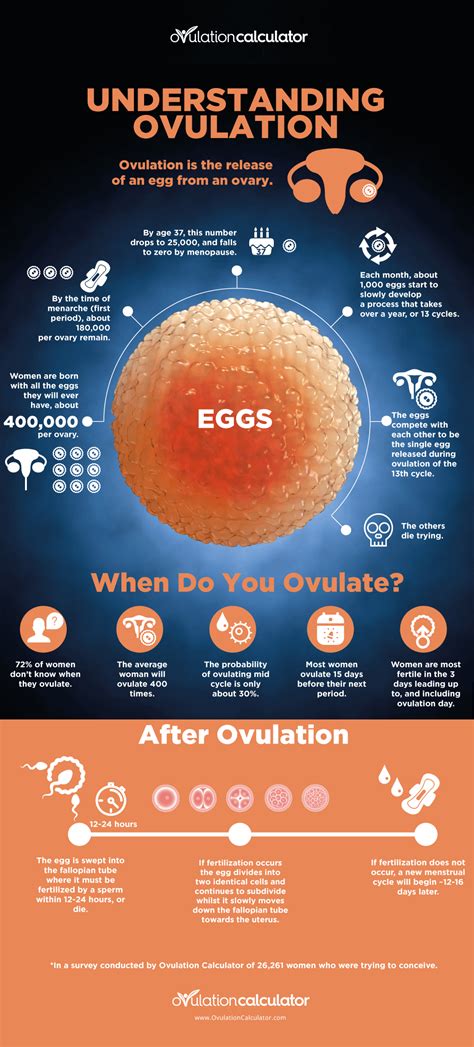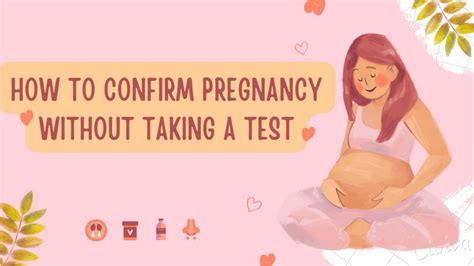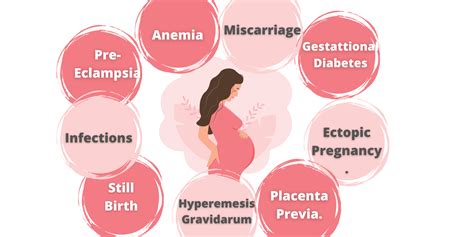Intro
Pregnancy is a complex and fascinating process that has captivated human imagination for centuries. Understanding when pregnancy starts is essential for women who are trying to conceive, as well as those who are already expecting. The journey to motherhood is filled with excitement, anticipation, and often, a multitude of questions. One of the most common queries is: when does pregnancy actually begin? The answer to this question is not as straightforward as it seems, and it's essential to delve into the world of reproductive biology to find out.
The concept of pregnancy is often shrouded in mystery, and the timing of its onset can be confusing. Many women assume that pregnancy starts when they miss their period or when they take a pregnancy test. However, the reality is that pregnancy begins much earlier, even before a woman realizes she is expecting. The process of conception, implantation, and fetal development is intricate, and understanding the timeline is crucial for women who are trying to get pregnant or those who are already on this journey.
The journey to pregnancy is a remarkable process that involves the coordination of multiple physiological events. From ovulation to fertilization, implantation, and embryonic development, each stage plays a critical role in the formation of a new life. As we explore the world of pregnancy, it's essential to recognize that every woman's experience is unique, and the timing of pregnancy can vary significantly from one individual to another. Whether you're trying to conceive or already expecting, understanding the intricacies of pregnancy will help you navigate this incredible journey with confidence and excitement.
Understanding Ovulation and Fertilization

Ovulation is the first step towards pregnancy, and it's essential to understand this process. Ovulation occurs when a mature egg is released from the ovary and travels through the fallopian tube, where it can be fertilized by sperm. This usually happens around day 14 of a 28-day menstrual cycle, but the exact timing can vary depending on the individual. Fertilization typically occurs when a sperm penetrates the outer layer of the egg, resulting in the formation of a zygote. This usually happens within 24 hours of ovulation, and the resulting zygote will begin to divide and grow, eventually forming a blastocyst.
The Role of Hormones in Pregnancy
The hormonal balance plays a crucial role in pregnancy, and understanding the different hormones involved is essential. Estrogen and progesterone are the primary hormones responsible for regulating the menstrual cycle and preparing the uterus for pregnancy. After fertilization, the embryo produces human chorionic gonadotropin (hCG), which stimulates the production of progesterone, maintaining the pregnancy. The interplay between these hormones is complex, and any imbalance can affect the outcome of pregnancy.Implantation and Embryonic Development

After fertilization, the zygote undergoes several cell divisions, eventually forming a blastocyst. The blastocyst then travels down the fallopian tube and into the uterus, where it implants itself into the uterine lining. This process, known as implantation, usually occurs 6-10 days after fertilization. The embryonic development stage is critical, and any disruptions during this period can affect the formation of the fetus. The embryo's major organs and body systems begin to develop, and the placenta starts to form, providing essential nutrients and oxygen to the growing fetus.
Pregnancy Symptoms and Signs
As the embryo implants and grows, women may start to experience early pregnancy symptoms. These can include morning sickness, fatigue, breast tenderness, and mood swings. While these symptoms can be uncomfortable, they are a sign that the pregnancy is progressing normally. Other signs of pregnancy include a missed period, increased urination, and food cravings or aversions. It's essential to recognize that every woman's experience is unique, and not all women will exhibit the same symptoms or signs.Confirming Pregnancy

Confirming pregnancy is an exciting moment for expectant mothers. Home pregnancy tests (HPTs) are a convenient and accurate way to detect pregnancy. HPTs measure the levels of hCG in urine, which increases rapidly during early pregnancy. Blood tests can also detect pregnancy by measuring hCG levels in the blood. Ultrasound scans are another way to confirm pregnancy, providing a visual confirmation of the embryo's presence and growth.
First Trimester Development
The first trimester is a critical period of fetal development. During this time, the embryo's major organs and body systems form, and the placenta develops. The fetus's heart starts to beat, and its limbs, fingers, and toes begin to form. The first trimester is also a time of rapid growth, with the fetus increasing in size from a few millimeters to several centimeters. Understanding the developmental milestones during this period can help expectant mothers appreciate the incredible journey their baby is taking.Prenatal Care and Support

Prenatal care is essential for a healthy pregnancy. Regular check-ups with a healthcare provider can help monitor the fetus's growth, detect any potential complications, and provide guidance on maintaining a healthy lifestyle. A balanced diet, regular exercise, and adequate rest are crucial for supporting fetal development. Additionally, emotional support from partners, family, and friends can make a significant difference in the pregnancy experience.
Nutrition and Lifestyle During Pregnancy
A healthy diet and lifestyle are vital during pregnancy. Expectant mothers should focus on consuming nutrient-rich foods, including fruits, vegetables, whole grains, lean proteins, and healthy fats. Folic acid supplements are also essential for preventing birth defects. Regular exercise, such as walking or prenatal yoga, can help maintain physical and mental well-being. Avoiding harmful substances like tobacco, alcohol, and caffeine is also crucial for a healthy pregnancy.Pregnancy Complications and Risks

While most pregnancies progress normally, some women may experience complications or risks. These can include gestational diabetes, hypertension, preeclampsia, or placental abruption. Understanding the potential risks and complications can help expectant mothers take proactive steps to mitigate them. Regular prenatal care, a healthy lifestyle, and open communication with healthcare providers can significantly reduce the risk of complications.
Emotional and Mental Well-being During Pregnancy
Pregnancy can be an emotionally challenging experience, and it's essential to prioritize mental well-being. Expectant mothers may experience anxiety, depression, or mood swings due to hormonal changes. Seeking support from partners, family, friends, or mental health professionals can help manage these emotions. Engaging in stress-reducing activities, such as meditation or yoga, can also promote emotional well-being.Preparing for Motherhood

As pregnancy progresses, expectant mothers can start preparing for motherhood. This includes learning about childbirth, breastfeeding, and newborn care. Attending prenatal classes, reading books, or joining online communities can provide valuable information and support. Building a support network of family, friends, and fellow mothers can also make a significant difference in the transition to motherhood.
Building a Support Network
A strong support network is essential for new mothers. Partners, family, and friends can provide emotional support, help with household chores, and assist with childcare. Joining online communities or local support groups can connect new mothers with others who are experiencing similar challenges and triumphs. Don't be afraid to ask for help when you need it – building a support network can make a significant difference in your journey to motherhood.Conclusion and Next Steps

As we conclude our journey through the world of pregnancy, it's essential to remember that every woman's experience is unique. From ovulation to implantation, embryonic development, and prenatal care, each stage of pregnancy is critical. By understanding the intricacies of pregnancy, expectant mothers can take proactive steps to support their health and well-being. Whether you're trying to conceive or already expecting, we hope this article has provided valuable insights and information to guide you on your journey to motherhood.
We invite you to share your thoughts, experiences, and questions in the comments below. Your input can help create a supportive community for expectant mothers and provide valuable insights for those who are trying to conceive. Let's work together to build a network of support and guidance for women on their journey to motherhood.
What are the early signs of pregnancy?
+Early signs of pregnancy can include morning sickness, fatigue, breast tenderness, and mood swings. However, every woman's experience is unique, and not all women will exhibit the same symptoms.
How long does it take to confirm pregnancy?
+Confirming pregnancy can take anywhere from a few days to a few weeks, depending on the method used. Home pregnancy tests can detect pregnancy as early as 6-8 days after ovulation, while blood tests can detect pregnancy as early as 6-8 days after ovulation. Ultrasound scans can provide a visual confirmation of pregnancy around 5-6 weeks after ovulation.
What are the most critical factors in maintaining a healthy pregnancy?
+Maintaining a healthy pregnancy requires a combination of factors, including a balanced diet, regular exercise, adequate rest, and regular prenatal care. Avoiding harmful substances like tobacco, alcohol, and caffeine is also crucial for a healthy pregnancy.
